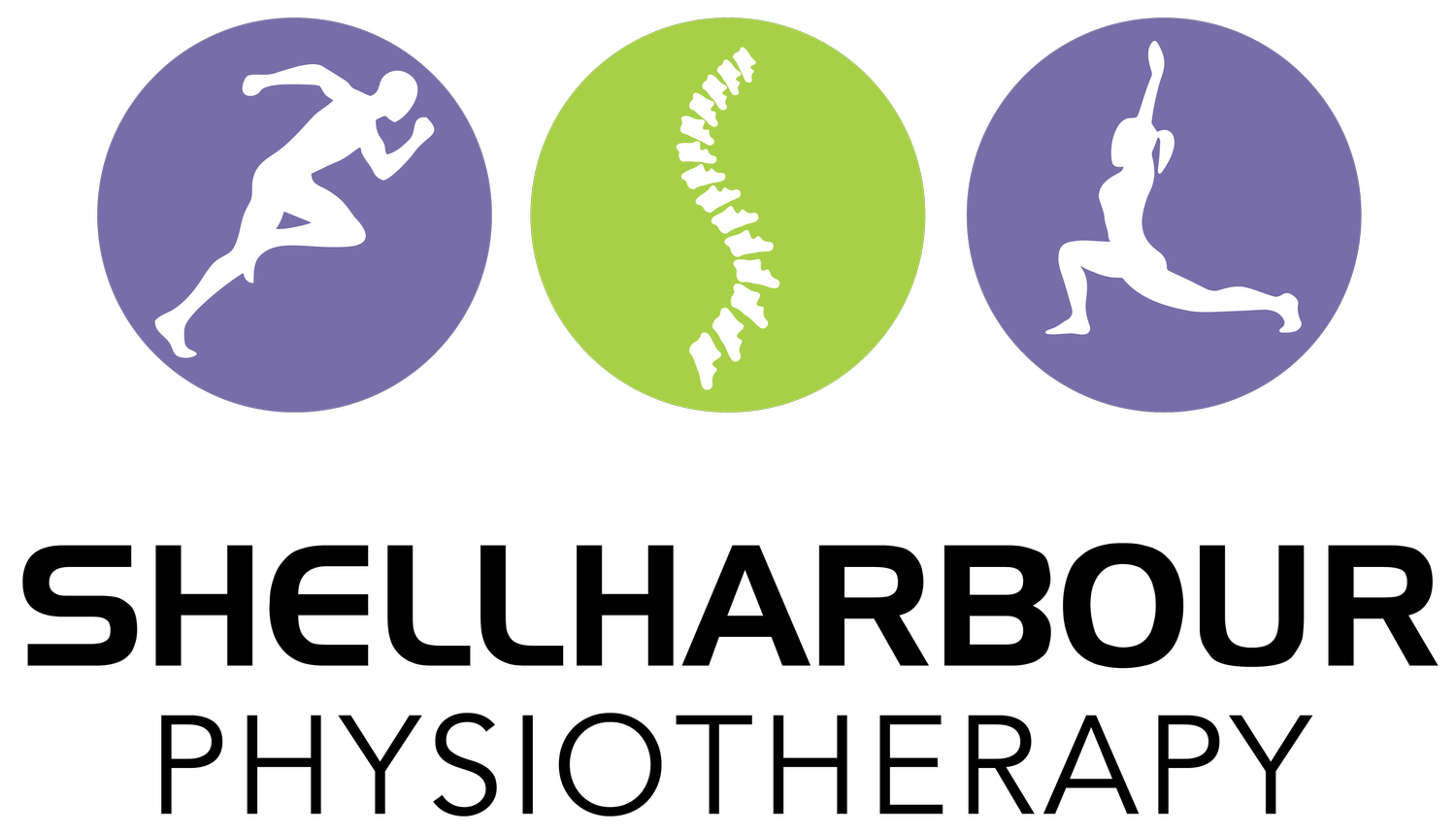THE BENEFITS OF WALKING
Over the years we have become more aware of how many steps we take in a day and have numerous gadgets that can help us track those steps. The consensus is that we could benefit from a few more daily steps, but what is so great about walking and how can such a simple activity improve our overall health?
benefits of Walking
Like physical activity in general, walking can have a positive impact on several different aspects of our health such as:
Improve heart health
Walking can help to improve cardiovascular health by reducing the risk of high blood pressure, heart disease, and stroke. It can also help to improve circulation, increase heart rate, and lower cholesterol levels.
Can aid in weight loss
Walking is a great way to lose weight, especially when combined with a healthy diet.
Regular walking can help to burn calories and boost metabolism, leading to weight loss over time.
Reduce stress and anxiety
Walking can have a calming effect on the mind and reduce stress and anxiety levels. It can also help to improve mood and boost self-confidence.
Promote better sleep
Regular walking can help to improve sleep quality by reducing stress levels and promoting relaxation.
Boost brain health
Walking can help to improve cognitive function and memory as it increases blood flow to the brain.
Enhance overall wellbeing
Walking has numerous benefits for overall wellbeing, including improved mood, better energy levels, improved immune function, and reduced risk of chronic diseases.
Improve balance and coordination
Regular walking may also help to improve balance and coordination, particularly in the older population, which subsequently can reduce the risk of falls.
How Much Walking Is Enough?
For a while now we have been told that 10,000 steps a day is the magic number and now (depending on where you look) you can find information saying more or less than this. This can leave you wondering which is true.
Research Findings
In 2022 a meta-analysis ↗ (a study looking at a lot of research papers) was performed to find out whether there was a sweet spot in how many steps produce the most benefits. From the research in this paper, they found that there appeared to be a curved relationship to when the most benefits were gained from a health perspective.
For those aged under 60 years the peak benefits appeared to lie within 8,000-10,000 steps, while those aged over 60 years the benefits plateaued more around 6,000-8,000 steps. They also pointed out was that there are several variables that contribute to walking and steps taken by individuals. From walking speed, age, gender, incline, fitness level and terrain to name a few.
Application
For me, this points to more of an individualized approach.
It can be daunting and unrealistic to go from a couple thousand steps a day to 10,000 all at once. What may be a better approach is to start from where you are at, even small changes can make a difference. If numbers help keep you accountable then that’s great, but for some getting too hung up on the numbers may be distracting from the actual benefits of walking like those stated above.
These benefits may show up in more focus at work, a better night’s sleep, improved mood, or even improvements in your health markers at your next GP appointment.
Even if it means just adding a couple hundred extra steps into your day, it all adds up and you might find yourself forming some positive habits along the way.
Read More
I have attached some links below if you would like to read more on walking and the benefits. Additionally, there is a link to the research paper mentioned within this blog.
Daily steps and all-cause mortality: a meta-analysis of 15 international cohorts ↗
Benefits of walking | Heart Foundation ↗
2 Benefits of Walking | Arthritis Foundation ↗
Walking for good health | BetterHealth Cannel ↗






